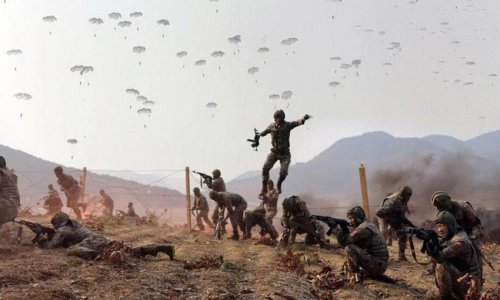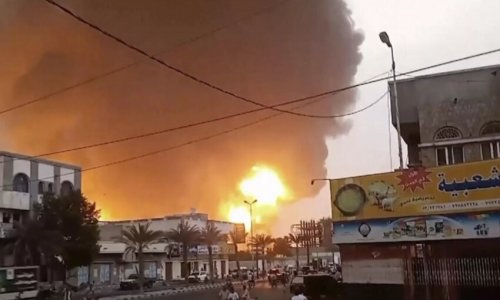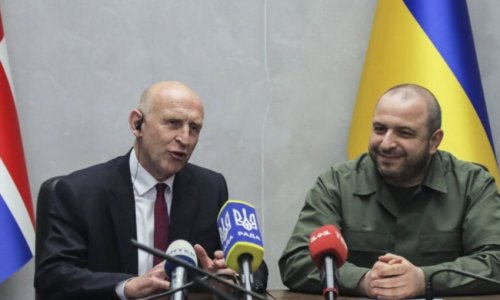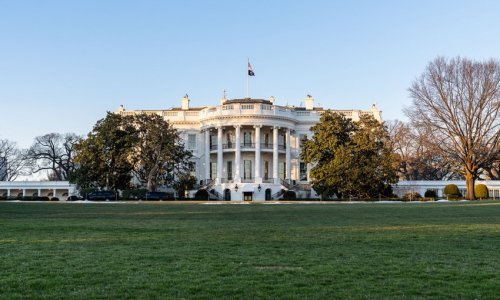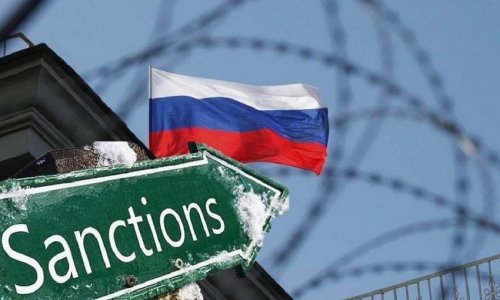Follow us !
Will Modi be India’s Putin?
World
18:40 | 20.05.2014
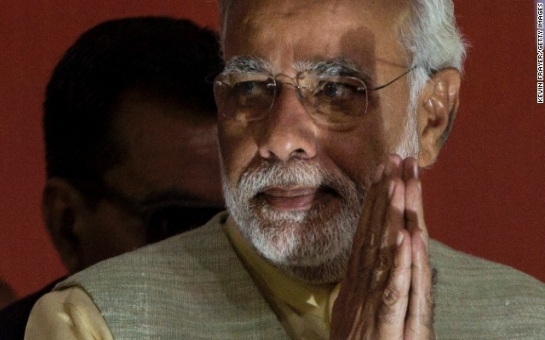
Will Modi be India’s Putin?
To some, Narendra Modi is a technocrat with a record of economic reform; to others, he is a nationalist who stood by as Muslims were slaughtered in his home state of Gujarat.No matter the truth, Modi will become India’s next prime minister after claiming victory in a landslide election last week.“He has the ability to completely remake the country,” writer and historian William Dalrymple told CNN’s Christiane Amanpour on Monday.“Maybe people hope that he will do so, and break the logjam of ossified bureaucracy and cut through all the blockages in the system. And they’re longing for a strong leader.”So great is Modi’s majority, Dalrymple said, that he is just 30 votes from having a majority that could alter the constitution.“The worry is that he will turn out to be a kind of Indian Putin – a nationalist, a strongman.”The concern, Dalrymple said, stems not just from the Gujarat riots a decade ago, in which more than 1,000 people – mostly Muslims – were killed under Modi’s watch as chief minister.“Journalists in Gujarat have had sedition charges slapped against them; human-rights lawyers have had sort of trumped-up charges of corruption put against them.”“Many people are very frightened. And while we hope that he will be the technocrat, his record in Gujarat is of an authoritarian leader.”Click above to watch Amanpour’s full conversation with Dalrymple, and hear about Modi’s alleged role in that fateful violence in Gujarat.(CNN)Bakudaily.az

